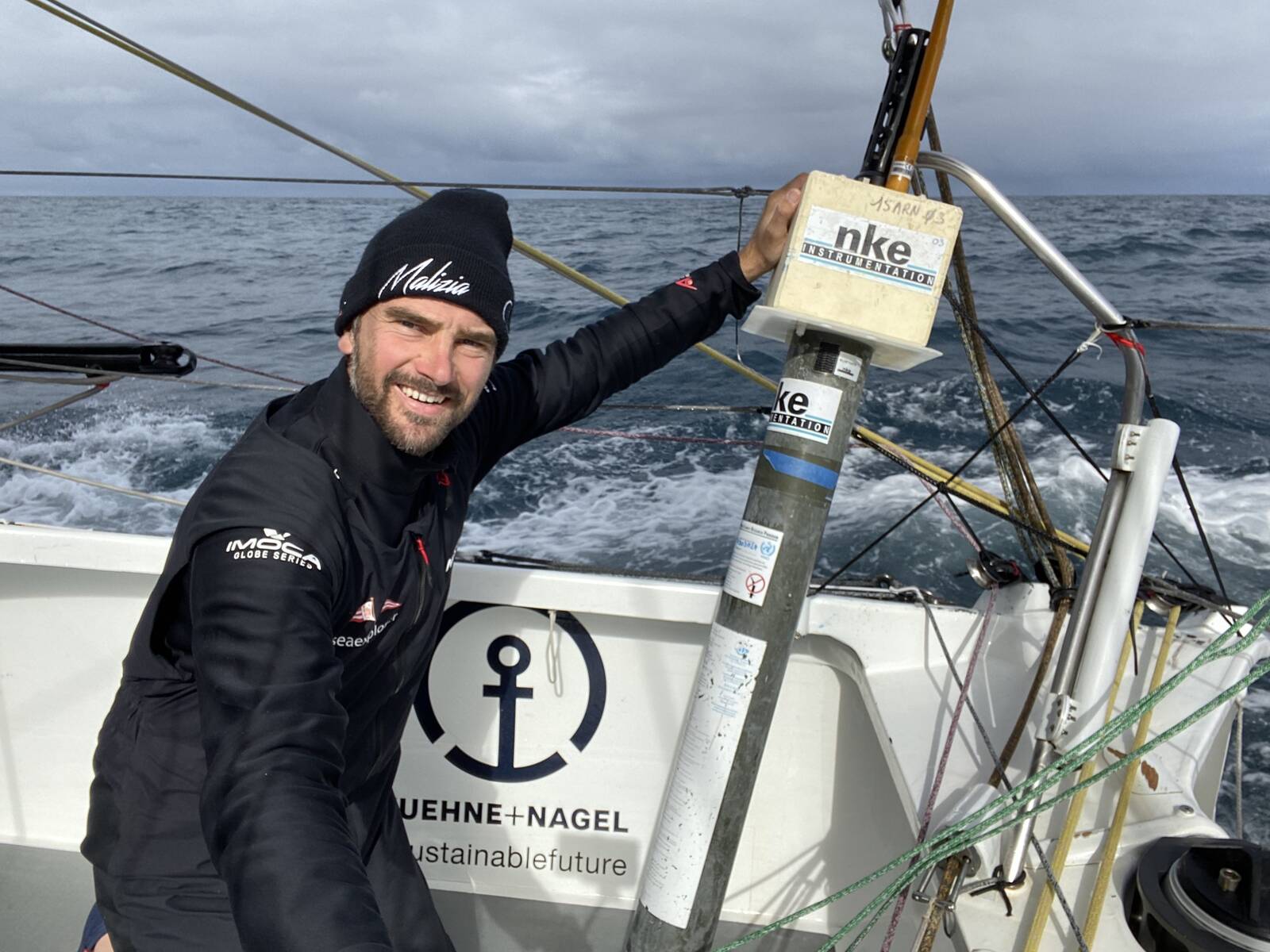More than 70% of the world’s surface is covered by water, putting into question if the name “planet earth” is correct.
Considering the percentual proportion of water on earth as well as the fact that around 80% of all life on earth can be found in the oceans, it may come as a surprise however, that only 5% of the oceans have actually been explored!
Team Malizia is a racing team. A racing team that competes in offshore sailing regattas aiming to be the fastest.
However, first and foremost it consists of a group of ocean-loving advocatescompeting in a race against time to combat the climate crisis.
During Malizia's races around the globe and across the oceans, they carry an onboard laboratory which continuously collects information on CO2, salinity and temperature.
The ocean acts as a carbon sink, therefore providing scientists with valuable data helping them understand the effects of rising CO2 levels in the atmosphere and what impact climate change is having on the ocean and its inhabitants is of great importance.
The Southern Ocean is the greatest carbon sink of all oceans, accounting for around 40-50% of annual CO2 absorption.
Due to the remoteness of the Southern Ocean, scientific data is very rare, however sailboats are proving to be of great assistance in filling these scientific data voids!
The Malizia – Seaexplorer race yacht is doing her name justice by exploring the most remote parts of the oceans and acting as a free scientific research vessel for scientific institutions.
For example, during the Vendee Globe 2020, skipper Boris Herrmann onboard his race yacht was able to provide scientists with a continuous string of oceanic data from a circumnavigation, all recorded within just over 80 days.
Apart from collecting continuous records with their onboard laboratory, the Team also deploys drifters, argo floats and other scientific devices during their races around the world, which will stay in one place for up to 5 years and regularly send information back to the respected research institutions.
The data collected by sailing teams such as Team Malizia help close critical observational gaps in scientific research, which could prove important in understanding or even mitigating the effects of climate change.
Team Malizia and Kuehne+Nagel are both united in the belief, that you cannot manage what you cannot measure.
By collecting valuable scientific data with the Malizia – Seaexplorer sailing yacht and making CO2 emissions in sea freight visible through the Kuehne+Nagel seaexplorer platform, we strive toward a more sustainable future.
